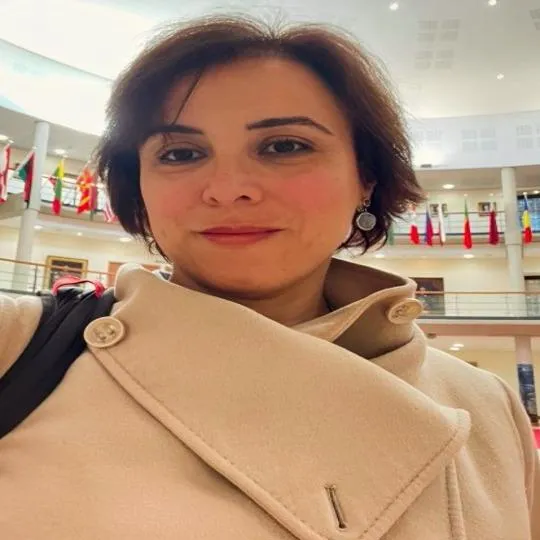Green Energies on the Ground Across the Mediterranean

This project tackles the interconnected challenges of climate change, sustainable and just transition to green energy and community involvement across the Mediterranean.
Via the Green Deal, the European Union (EU) pursues the goal of zeroing carbon emissions within EU space and a 'green deal diplomacy' in its immediate neighbourhood.
The EU Green Deal, however, is not solely an environmentalist policy but a socio-political and economic process. It, therefore, also needs to be observed and interrogated from the ground, at the level of local communities, challenging the predominantly state-centric standpoint in contemporary energy politics.
The project employs in-person interviews, participant observation, and participatory documentary filmmaking to explore everyday experiences of local ownership of green energy in three geopolitically connected Mediterranean countries: Turkey, Greece, and Italy.


The workshop also showcased a short documentary clip directed by Dr. Nagehan Uskan, with cinematography by Semih, a 15-year-old local participant.
The film captured a dialogue between Dr. Akçalı and Zehra Hanım, a lifelong resident of Gülpınar, offering grassroots insights into the community's relationship with its environment.
Dr Akçalı: "So the young people need to come to this source of water to see and speak to each other?"
Zehra Hanım: "They couldn't see each other easily then."
Aims
This project aims to enhance both academic and practical understanding of community-driven, sustainable, and equitable green energy transitions.
By analysing their impact on climate policies, the study investigates shared Mediterranean challenges through three case studies, emphasising the relationship between climate change, green energy transitions and local communities.
Additionally, it examines how visual methodologies, such as participatory filmmaking, can enhance social science research by capturing grassroots perspectives and promoting inclusive dialogue.
Methods
The research will begin by analysing local ownership processes surrounding three green energy sites, employing a participatory approach to engage communities, stakeholders, and researchers.
The selected sites include:
- the geothermal energy project in Tuzla/Gülpınar (Turkey)
- wind energy sites, and an energy community in Sitia and Heraklion (Greece)
- solar energy initiatives in San Giovanni a Teduccio and Ponticelli (Italy).
These locations were chosen due to their potential to meet significant energy demands, powering housing, industry, public transportation, and infrastructure while also transforming their respective regions.
However, these projects have raised ecological concerns and often exclude local communities from decision-making processes, highlighting tensions between development and sustainability.
The project will then review recent theoretical debates and empirical studies on global green energy transitions, just transition frameworks, environmental geopolitics, hybrid policy models, and participatory environmentalism, with a focus on Turkey, Greece, and Italy. It will also analyse academic and policy reports on national and EU green energy legislation to contextualise regulatory landscapes.
Further, the team will scrutinise Environmental Impact Assessments (EIAs) for each site and conduct media content analysis to identify prevailing narratives, misconceptions, and public perceptions of climate change and green energy transitions in Turkish, Greek, and Italian news sources.
To deepen engagement, the participatory filmmaking method will be complemented by semi-structured interviews with diverse stakeholders, including local politicians, business leaders, policymakers, renewable energy developers, environmental activists, academics, and opposition groups. These interviews, conducted both in person and online, will provide nuanced insights into the social, economic, and political dimensions of green energy transitions.

Principal Investigator
Affiliations
Project websites
Funding
Funding Body: The British Academy
Amount: £287,237.08
Period: April 2025 - April 2027



